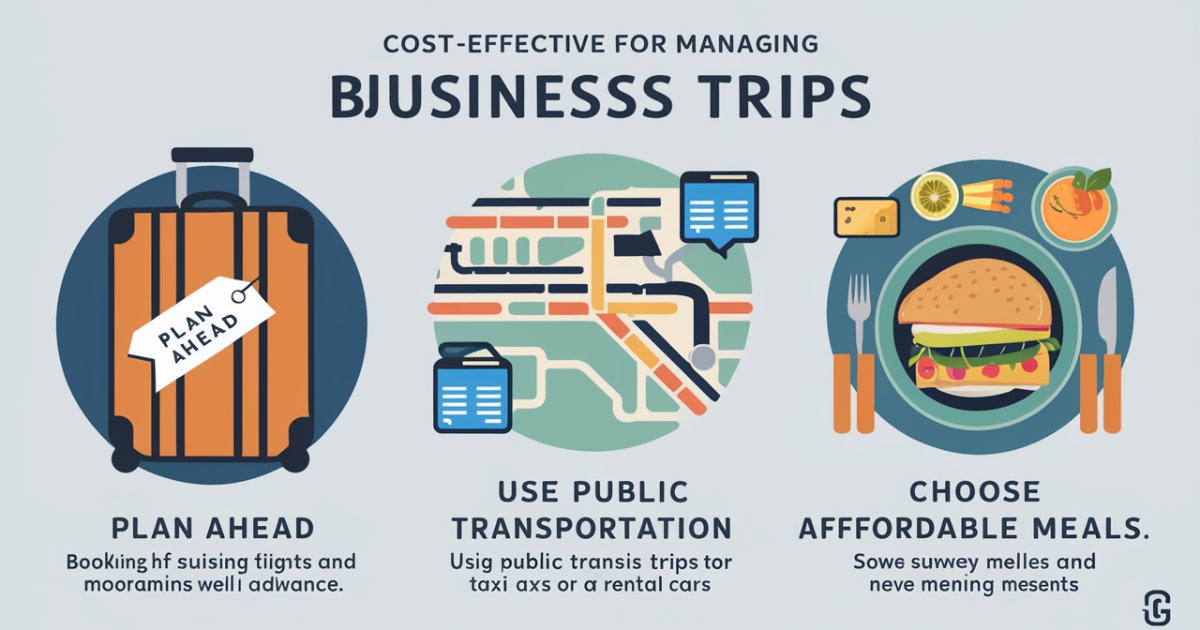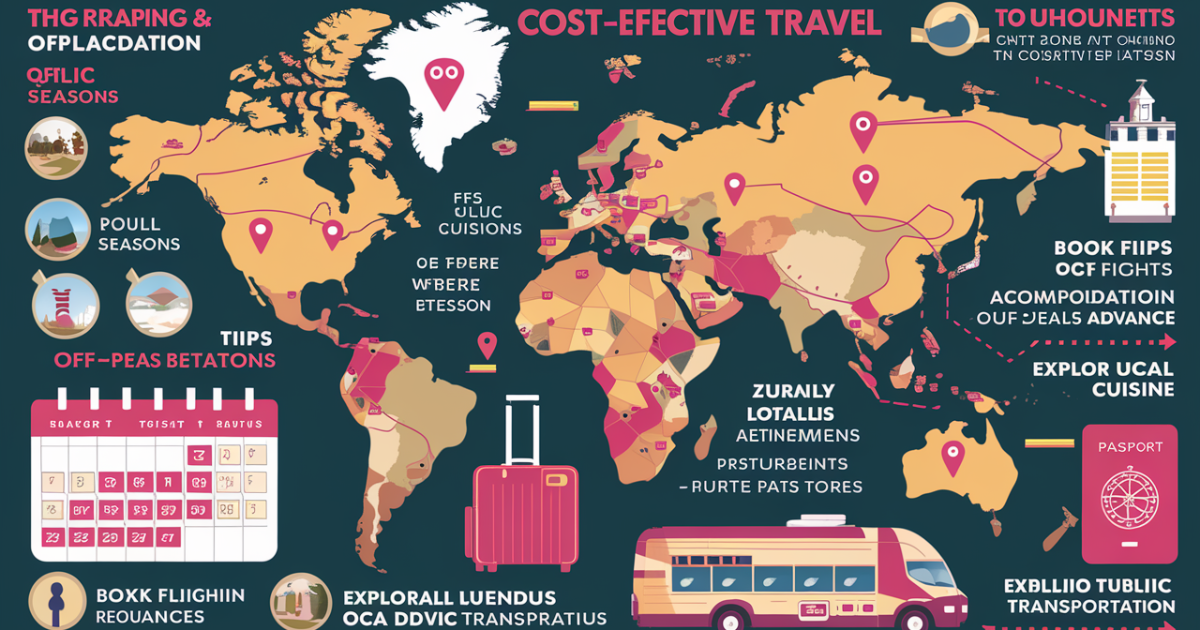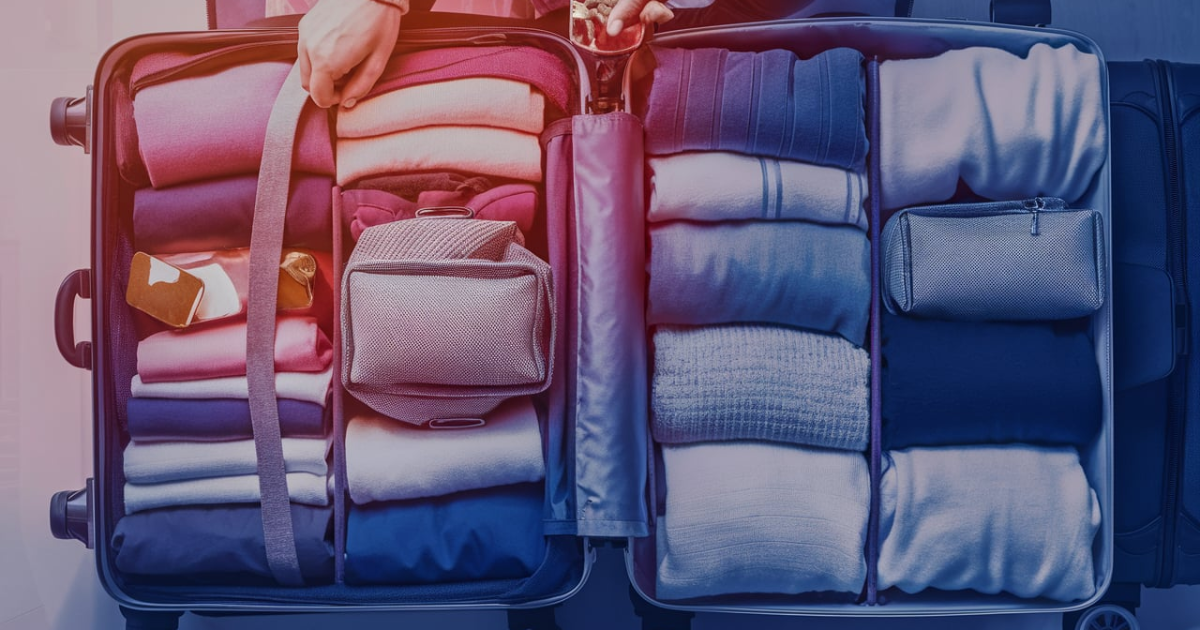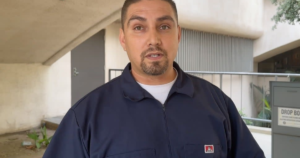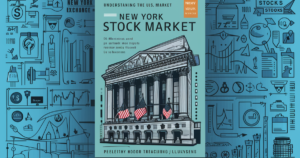Ever felt like your business trips are burning a hole in your wallet? You’re not alone. Business travel can be expensive, but with the right strategies, you can significantly cut costs without compromising on comfort or efficiency. In this article, we’ll explore the three best ways to keep your business trip under budget. From booking flights and accommodations smartly to packing wisely and leveraging technology, these tips will help you save money at every step.
Whether you’re a seasoned traveler or planning your first business trip, these practical and actionable insights will ensure you stay within budget. So, let’s dive in and discover how to make your next business trip more affordable and stress-free.
Plan Ahead for Cost-Effective Travel
Book Flights Early
Booking your flights early can lead to significant savings. Airlines often offer cheaper rates for those who book months in advance compared to last-minute travelers. For example, a round-trip flight from New York to Los Angeles might cost $300 if booked three months in advance but can jump to $600 or more if booked a week before departure.
Tips for Booking Flights Early:
- Use price comparison tools: Websites like Skyscanner, Google Flights, and Kayak can help you compare prices across different airlines.
- Set fare alerts: Many travel websites allow you to set alerts for specific routes, notifying you when prices drop.
- Book during sales: Keep an eye out for airline sales and book during these periods for the best deals.
Opt for Budget Accommodations
Choosing budget accommodations doesn’t mean sacrificing comfort. There are many affordable options that provide excellent services. Popular budget-friendly hotel chains like Holiday Inn Express, Motel 6, and Super 8 offer comfortable stays at reasonable prices. Short-term rental platforms like Airbnb and Vrbo can also provide cost-effective options, especially for longer stays.
Tips for Finding Budget Accommodations:
- Look for hotels offering free breakfast or shuttle services: These amenities can save you money on meals and transportation.
- Use loyalty programs: Many hotel chains offer loyalty programs that provide discounts, free nights, and other perks.
- Book during off-peak times: Accommodation prices can be lower during off-peak seasons or weekdays.
Use Loyalty Programs and Travel Rewards
Joining loyalty programs and using travel rewards can significantly reduce your travel costs. For example, frequent flyer programs allow you to earn miles on every flight, which can be redeemed for free flights or upgrades. Hotel loyalty programs offer similar benefits, such as free nights and room upgrades.
Examples of Travel Rewards Programs:
- Airlines: Delta SkyMiles, United MileagePlus, American AAdvantage
- Hotels: Marriott Bonvoy, Hilton Honors, IHG Rewards Club
- Credit Cards: Chase Sapphire Preferred, American Express Platinum, Capital One Venture
Tips for Maximizing Travel Rewards:
- Sign up for multiple programs: Joining multiple loyalty programs increases your chances of earning rewards.
- Use a travel rewards credit card: These cards offer points for travel-related purchases and often come with sign-up bonuses.
- Combine rewards: Some programs allow you to combine airline miles with hotel points for even greater savings.
Smart Packing to Avoid Extra Costs
Pack Light to Avoid Baggage Fees
Packing light can save you money on baggage fees, which can add up quickly, especially on international flights. Most airlines charge for checked bags, while carry-on bags are often free.
Read More:
5 Ecommerce Goals That Will Push You Toward Success
Tips for Packing Light:
- Use a carry-on: Stick to a carry-on bag to avoid checked baggage fees.
- Wear bulky items: Wear your bulkiest items, such as jackets and boots, to save space in your bag.
- Pack versatile clothing: Choose clothing that can be mixed and matched to create multiple outfits.
Bring Your Own Snacks
Airport and hotel food can be expensive. Bringing your own snacks can save you a significant amount of money. Pack non-perishable items like nuts, granola bars, and dried fruit. Additionally, a refillable water bottle can save you from buying overpriced bottled water.
Travel-Friendly Snacks:
- Nuts and seeds
- Granola bars
- Dried fruit
- Crackers and cheese
- Trail mix
Prepare for Different Weather Conditions
Packing for various weather scenarios can prevent unnecessary purchases. Check the weather forecast for your destination and pack accordingly. This can help you avoid buying expensive clothing or accessories once you arrive.
Basic Packing List for Different Climates:
- Warm Climate: Lightweight clothing, sunglasses, sunscreen, hat
- Cold Climate: Warm layers, gloves, hat, scarf, waterproof boots
- Rainy Climate: Waterproof jacket, umbrella, quick-dry clothing
Maximize Efficiency During the Trip
Use Public Transportation
Public transportation is often cheaper and more convenient than taxis or rental cars. Many major cities have efficient transit systems that can save you both time and money.
Examples of Cities with Efficient Public Transit:
- New York City: Subway, buses, commuter trains
- San Francisco: BART, Muni buses and trams
- Chicago: CTA trains and buses
- Washington, D.C.: Metro, buses
Tips for Using Public Transportation:
- Research transit options in advance: Familiarize yourself with the routes and schedules before your trip.
- Purchase transit passes: Many cities offer multi-day or unlimited ride passes that can save you money.
- Use transit apps: Apps like Citymapper and Google Maps can help you navigate public transit systems.
Schedule Meetings Wisely
Grouping meetings can save time and money on transportation. By scheduling multiple meetings in the same area on the same day, you can reduce travel costs and increase productivity.
Sample Efficient Meeting Schedule:
| Time | Location | Meeting |
| 9:00 AM | Downtown | Client A |
| 11:00 AM | Downtown | Client B |
| 1:00 PM | Midtown | Partner Lunch |
| 3:00 PM | Midtown | Client C |
Tips for Scheduling Meetings:
- Use mapping tools: Tools like Google Maps can help you plan the most efficient routes.
- Avoid peak traffic times: Schedule meetings to avoid rush hour and reduce travel time.
- Plan breaks: Include time for breaks to avoid burnout and ensure you’re at your best for each meeting.
Leverage Technology
Technology can help you manage expenses and increase productivity during your trip. There are numerous apps and tools designed specifically for business travelers.
Useful Apps for Business Travelers:
- Expensify: Expense tracking and reporting
- Google Translate: Translation services for different languages
- Slack: Communication and collaboration
- TripIt: Trip planning and itinerary management
Tips for Using Technology:
- Download apps before your trip: Ensure all necessary apps are downloaded and updated.
- Use offline features: Some apps offer offline features that can be useful in areas with limited internet access.
- Stay organized: Use apps to keep track of receipts, itineraries, and important documents.
Frequently Asked Questions
How far in advance should I book my flights to save money?
Booking your flights at least 2-3 months in advance can often yield the best prices. Setting fare alerts can help you catch deals early.
What are some reliable budget hotel chains for business travelers?
Reliable budget hotel chains include Holiday Inn Express, Motel 6, and Super 8. These options provide comfortable stays without breaking the bank.
How can I maximize my travel rewards and loyalty points?
Sign up for multiple loyalty programs and use a travel rewards credit card. Combine points from different programs for greater savings on flights and accommodations.
What are some essential items to pack for a business trip to avoid extra costs?
Pack light to avoid baggage fees and bring your own snacks to save on food costs. Also, prepare for different weather conditions to avoid buying expensive items on the go.
How can I efficiently schedule meetings during my business trip?
Group meetings in the same area to reduce travel time and costs. Use mapping tools and schedule meetings to avoid peak traffic times for maximum efficiency.
Conclusion
Recapping the three main strategies planning ahead, smart packing, and maximizing efficiency can help you keep your business trip under budget. By booking flights early, opting for budget accommodations, and using loyalty programs, you can save significantly on travel costs. Packing light, bringing your own snacks, and preparing for different weather conditions can avoid extra expenses. Lastly, using public transportation, scheduling meetings wisely, and leveraging technology can maximize efficiency and save money during your trip.

